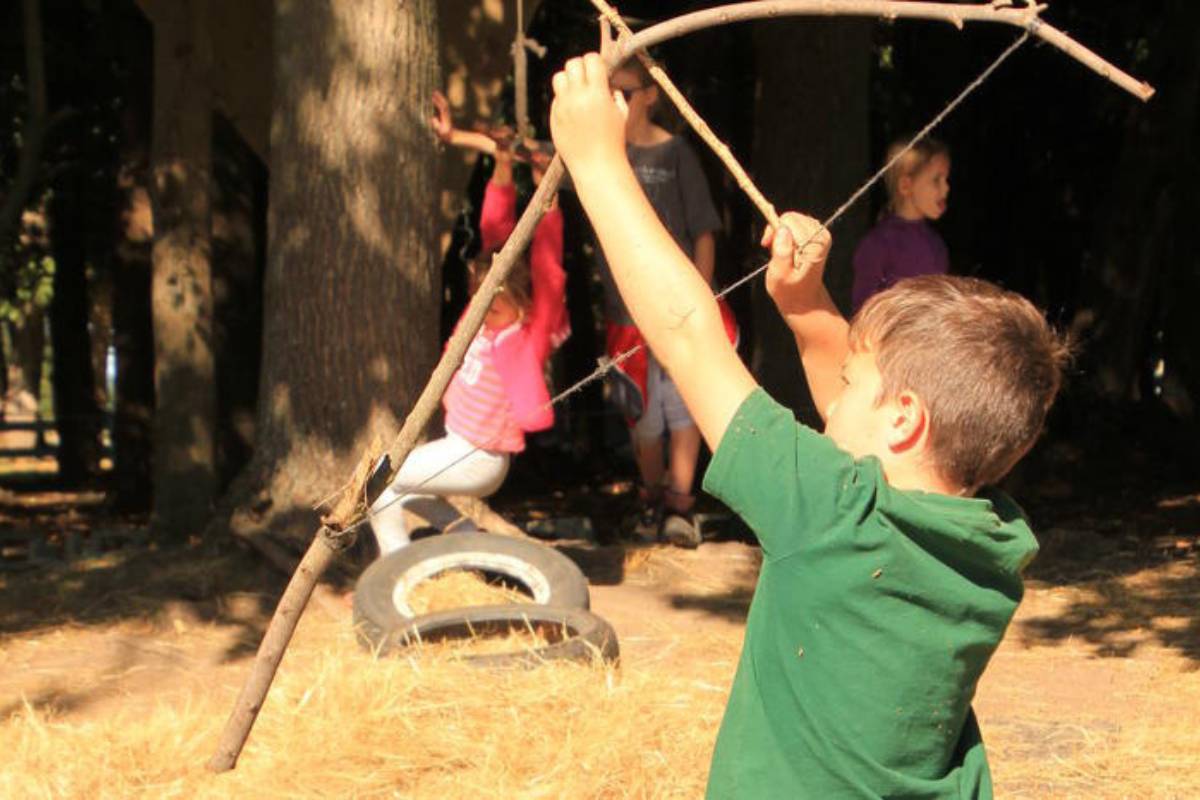No products in the cart.

Play and Teaching: Swimming Against the Tide
As an advocate and facilitator of play based learning I am in contact with teachers who are at varying stages on their play based learning journey. Making connections with like-minded practitioners is to say the least uplifting and inspiring.
We are kindred spirits who share a common belief and understanding of the way children learn. Kindred spirits help us to continue our journey. They question and challenge our practice from an informed view point. They support us through the difficulties of swimming against the tide. A kindred spirit also supports us when we find it difficult to understand the practice of teachers who make ill-informed choices about their classroom practice.
Teachers who not only treat play as a Trojan horse but also alter its name cannot claim to run authentic play based learning classrooms. If we question young children who are playing as to what they are doing what will they answer? I guarantee it will not be “I’m discovering”, “I’m inquiring”, “I’m active learning”. If we want to capture the child’s voice then let’s use their voice – “I’m playing”.

By opening our minds and our understanding of play it will become clear that the notion of timetables for learning become a nonsense. Young children do not learn in subjects. They learn through play all day. Timetables are for adults. So, interrupting a child’s play for a whole class teacher directed lesson invalidates the value of play. It says “now the real learning begins”.
Teachers who run authentic play based learning use the word play and try to ensure interruptions during the day are at a minimum. They recognise the learning embedded in play. They see links to the curriculum and understand holistic learning. Play is valued.
These teachers are confident in their understanding that play is the highest form of learning for their children. I urge these teachers to find kindred spirits and continue their journey safe in the knowledge they are providing the very best environment for their learners.
Kia kaha.



